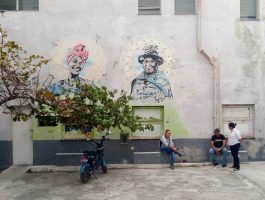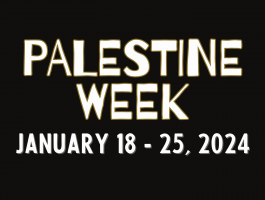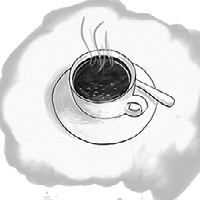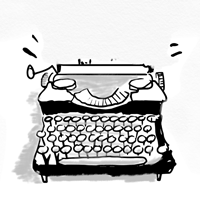By: Caroline Selle, Busboys and Poets Tribe
Staceyann Chin is not one to turn away from controversy. “I love making art of life,” she says. 
At the sold out Sept. 29 Hyattsville performance of “Motherfucker,” she started to breastfeed her daughter onstage during the Q and A, and when greeted with applause, lifted her middle finger towards the crowd. It was a small example of Chin’s ability to constantly subvert expectations.
Though “Motherfucker” is the story of Chin’s struggle to get pregnant and give birth to her daughter, Zuri, the play touches on themes of immigration, gentrification, race, religion, and – of course – sexuality.
A lesbian, Chin was born in Jamaica – one of the least tolerant countries for LGBT rights at the time. Abandoned by her mother, her paternity a mystery, Chin lived with her grandmother until she moved to the United States. She found a community in Brooklyn and made a career of spoken word poetry and activism.
“Motherfucker,” like Chin’s life, is a story of relationships and breakups, displacement and belonging. Mostly, though, it is a story of carving out one’s own space.
At one point, frustrated by the looks at her belly and the questions, asked or not, about how an out lesbian ended up visibly pregnant, Chin came up with the perfect retort. “Actually, I bought the sperm I used from a homeless man who needed to pay for his girlfriend’s abortion.” In other words, none of your business.
“Motherfucker” never stops challenging attendees’ assumptions. Whether talking about the upsides to gentrification, the challenges of bed rest, or the awkwardness of asking for sperm at a party, Chin has the words for every situation.
“This shit is so fucking complicated,” she said, of gentrification. “But if I’m honest, white people bring sushi…it’s much easier to be a lesbian when the police are present.”
Unabashedly herself, Chin nonetheless looks through others’ eyes. With sympathy, wit, and not a little bit of anger, she conveys the challenges of living an unconventional and unexpected life.
“How complicated it can be to be human and alive in this the information age,” she wrote in an open letter to her unborn child.
During the Hyattsville performance, she moved on and off the stage, at one point merging into the crowd. After the performance, attendees clamored for her to move to DC and showered her with questions.
One phrase, spoken midway through the in the play, stands out most.
“Here’s to resisting the dominant narrative.”



